Francesca Hayward
Francesca
Hayward
Hayward
Francesca
Hayward
Hayward
Francesca
Hayward
Hayward
Francesca
Hayward
Hayward
Francesca
Hayward
Hayward
Francesca
Hayward
Hayward
Francesca
Hayward
Hayward
Francesca
Hayward
Hayward
Francesca
Hayward
Hayward
Francesca
Hayward
Hayward
Francesca
Hayward
Hayward
Francesca
Hayward
Hayward
Francesca
Hayward
Hayward
Francesca
Hayward
Hayward
Francesca Hayward, Principle dancer, The Royal Ballet
Mirror at the Royal Opera House, London
00:00 / 02:46
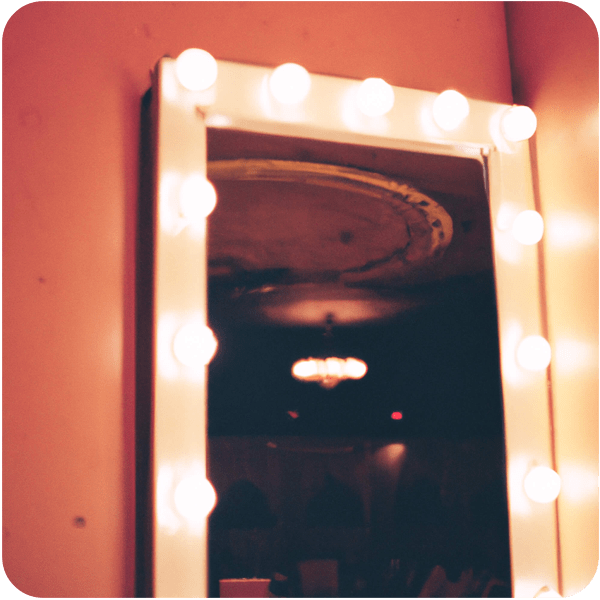
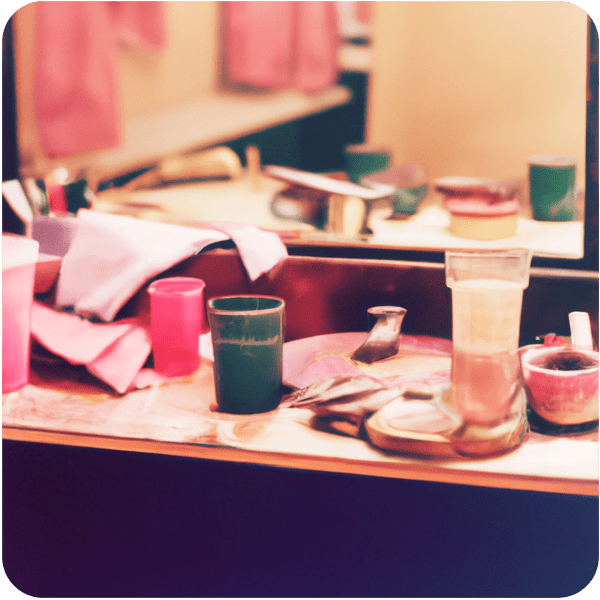
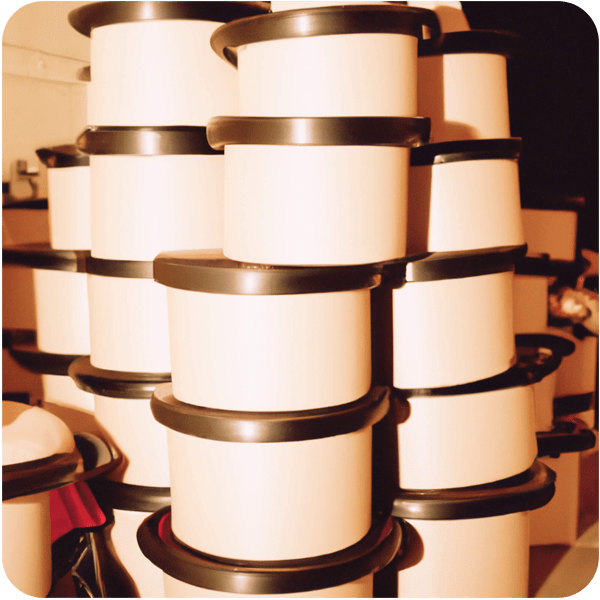
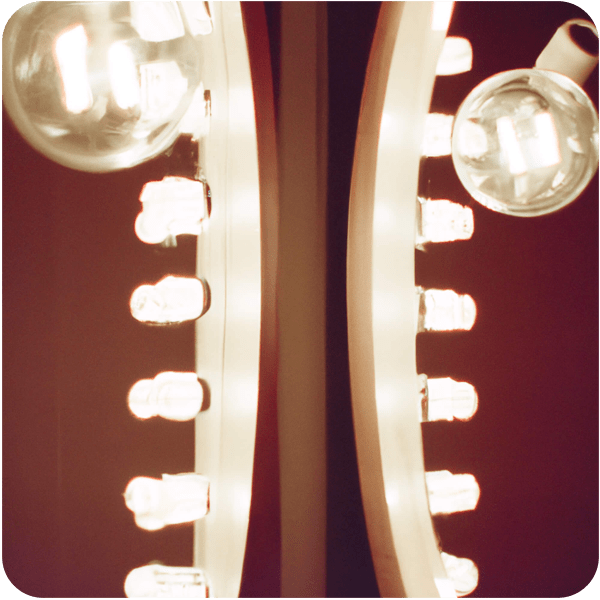
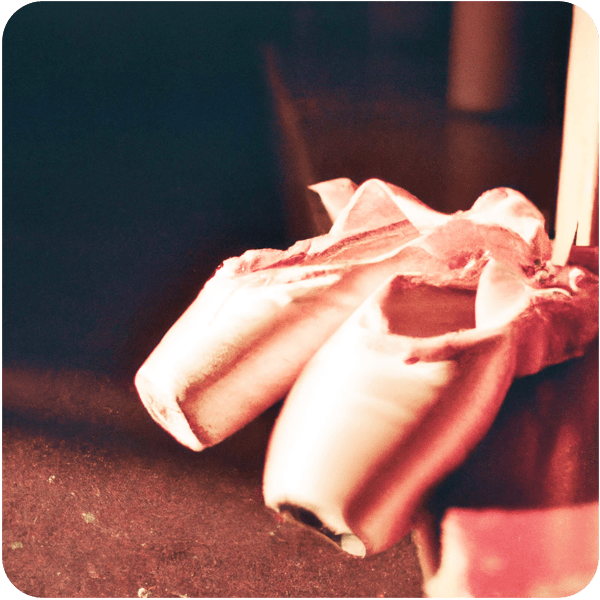
My mirror at my dressing room in The Royal Opera House,
the theater, is the most intimate place that I know. And it’s got,
like, light bulbs, like the sort of... I suppose it is like the stereotypical
dressing room theater mirror that people might think of.
So yeah, there are, like, light bulbs around it which only get
switched on when you need to do your makeup,
otherwise the room gets too hot. So yeah, those go on.
And honestly, I’m famous for being incredibly messy.
Yeah, there’s usually just, kind of, makeup scattered everywhere.
And then probably my wig box to the side, if I have a wig,
or a headdress. So sometimes I’ll have, like,
a kind of cardboard big box. And the amazing thing is it usually has
names written on the box of people who’ve worn it in the past before you.
And there can be, like, amazing names on there that are,
like, legends in the ballet world, you know. So it’s pretty cool
being like, “Oh, I’m about to put on, like, Lesley Collier’s crown,”
from like 30 years ago or something.
But it adds to the magic of it, I suppose.
Because it’s kind of where I go from being, like, Frankie the dancer
and I have to become show-ready, or even become, like,
someone else. Like a completely different character.
And that doesn’t happen quickly, that’s like a…
that’s a transformation, you know, it has to happen step by step.
And, for me, it really helps in those moments, like, before the show,
I really need to see myself, like, becoming that other person.
So it’s a very delicate balance as well. And preparing to be onstage,
or having a good show versus a bad show,
it’s not sometimes about what actually happens on stage,
it’s about how I feel mentally in the lead-up to that.
When I look back to that time, like, every time before a show,
I really picture probably putting on a wig and being like,
"Okay, here we go. This is it. This is, like, the beginning."
And seeing that happen. And then making all those
tiny little changes until it feels right for me.
And I suppose the whole point is that I don’t want anyone else
anyone else to come into that space, into my changing room
and, and affect my energy. I’m not really serious or...
Like I’m quite lighthearted, you know, I’m quite cheerful,
I usually listen to some music. But I don’t want anyone
to come in and make me think too much about the show.
I’m just thinking about, like, the character and the person.
Putting that into my body and stuff, seeing that happen.
And then I suppose that’s when all the, like, weeks and weeks
of, um, practicing are hopefully going to kick in when I get onstage.
And then it all comes together.
Francesca Hayward, principle dancer, the royal ballet
Mirror at the Royal Opera House, London
Mirror at the Royal Opera House, London